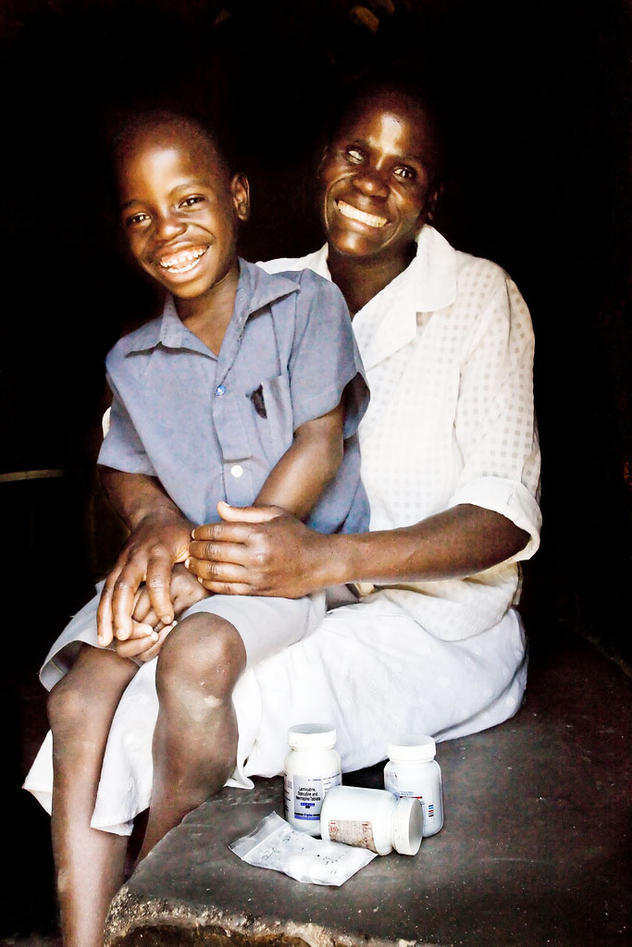What HIV-affected children can teach us about resilience
The latest issue of the African Journal of AIDS Research (AJAR) shows that children affected by AIDS in sub-Saharan Africa are not merely victims.
Main content
The eleven empirical studies presented in the special issue of AJAR argue that children develop resilience in the face of hardship, as a result of their agency and interaction with their social environment. This is in contrast to most research, which focuses on poor health and development outcomes.
The new studies explore factors such as social networks and social support systems, the positive or negative influence of school environments, as well as the importance of rites of passage in assuring psychosocial well-being.
A need for implementation
In the first article of the issue, authors Morten Skovdal and Marguerite Daniel argue that this empirical research should be followed by action: “Policy actors and practitioners working to support HIV-affected children in Africa should take heed of the proposed framework and draw on the research presented here to build coping-enabling social environments — presenting children and youths in Africa with greater opportunity to actively deal with hardship and work towards a more promising future.”
Presentations and panel discussion in Bergen
The special issue of AJAR will be presented and discussed at the Bergen Resource Centre for International Development, on Friday 23 November at 12.00.
In this session, five of the contributing authors, including the guest editors, will present their papers:
Gro Therese Lie (UiB)
Marguerite Daniel (UiB)
Vivian Midtbø (UiB)
Morten Skovdal (UiB)
Ruth Evans (University of Reading)
Mienke Van der Brug (VU University)
For more information, please visit the Bergen Resource Centre and African Journals Online websites.
